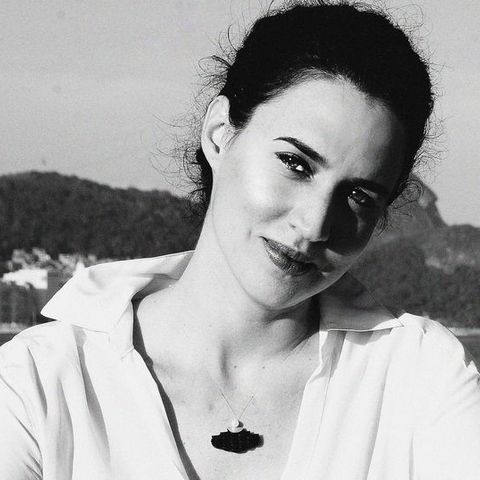Carla Juaçaba is a young Brazilian architect who gained international attention in 2012, realizing, in occasion of the United Nations Conference on Sustainable Development Rio + 20, in Rio de Janeiro, her temporary Pavilion Humanidade, conceived together with the theatre film director Bia Lessa. The solution of using scaffolding bases, available on side, making a support structure a building all by itself, was her extremely original, unconventional answer to the requirement of a sustainable proposal. The material 100% reusable gave her also the chance to realize a really spectacular, impressive sculptural presence, drawing a crowd of over 220,000 visitors across two weeks, and above this the opportunity with the porous pattern to intentionally make people physically feel the strong wind along this 170m long suspended walkway above Copacabana beach, emotionally perceiving their fragility in front of such powerful natural scenario, pushing them to reflect on consequences of irresponsible behaviors on the environment. Winner with the project of the first edition of the international prize ArcVision Women and Architecture 2013, Carla captured again the global attention, with another equally courageous creation: the Vatican Chapel, proposed for the Holy See Pavilion, in occasion of the Venice Architecture Biennale 2018. The linear and essential mirrored sign remains today, in between other proposals of the Pritzker award-winning architects Norman Foster and Eduardo Souto de Moura, as part of San Giorgio Maggiore island heritage. Rewarded the first prize of AREA Architectural Review Emerging Architecture Award 2018, she will deepen, during the podcast, her works that often cross-pollinate between different realms, finding synergic contamination from theater, art, and scenography, and important figures as Peter Brook, Richard Serra and Lina Bo Bardi.
show less


Comments